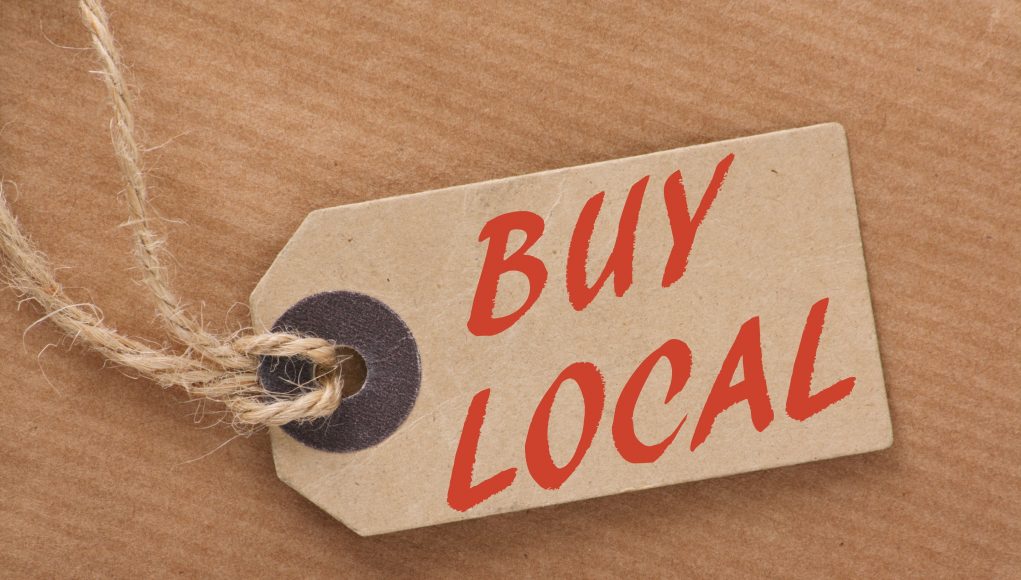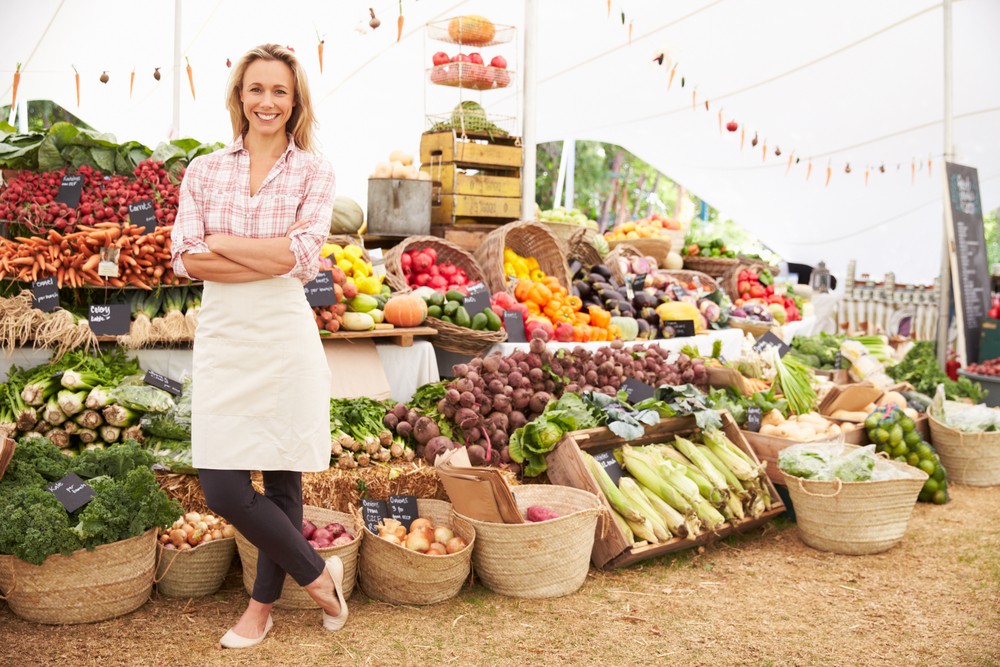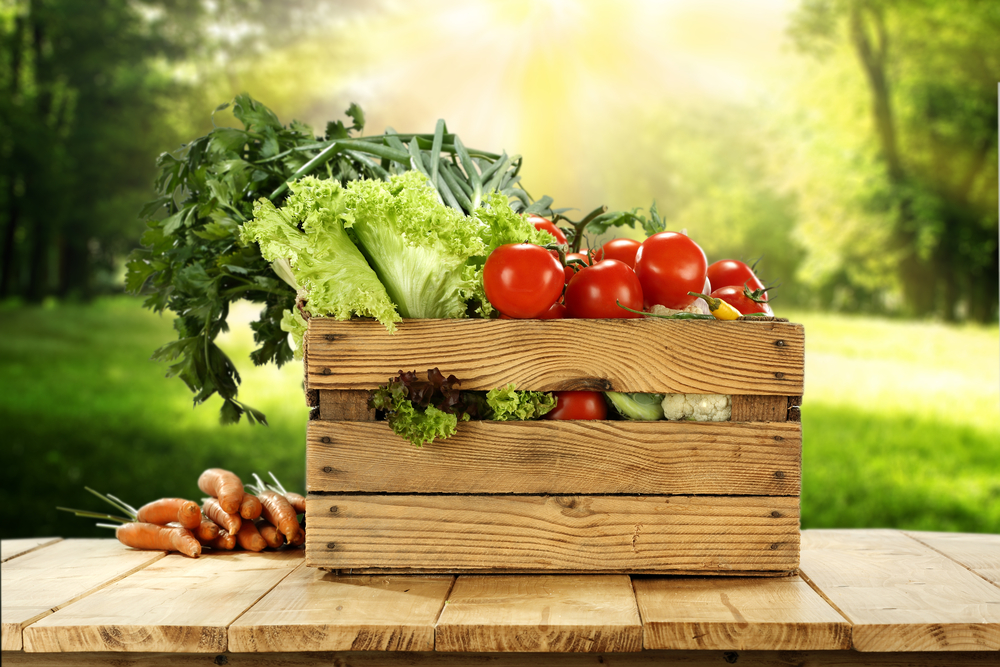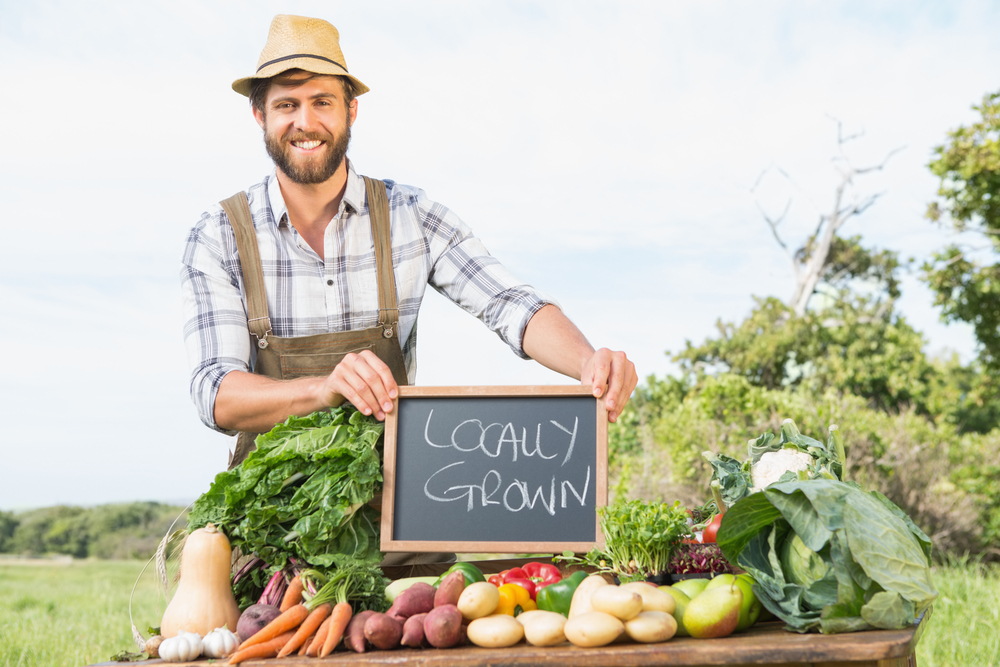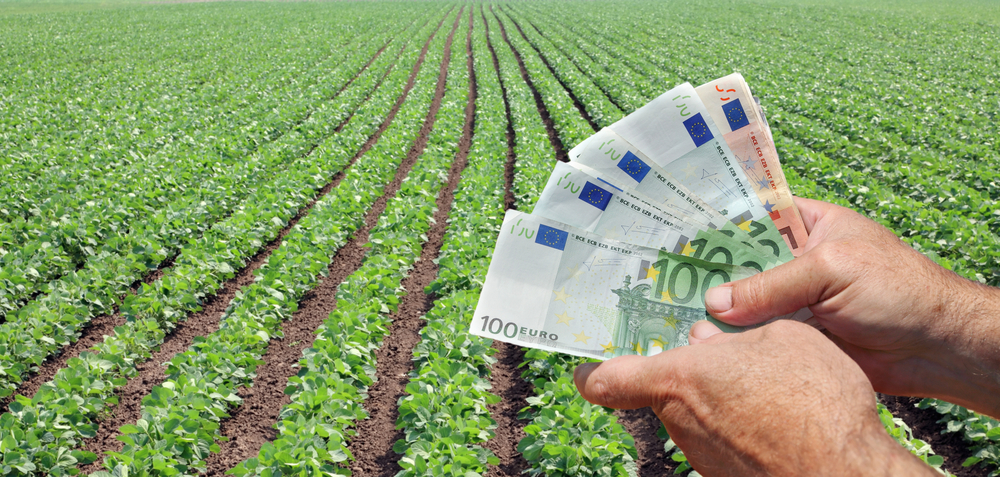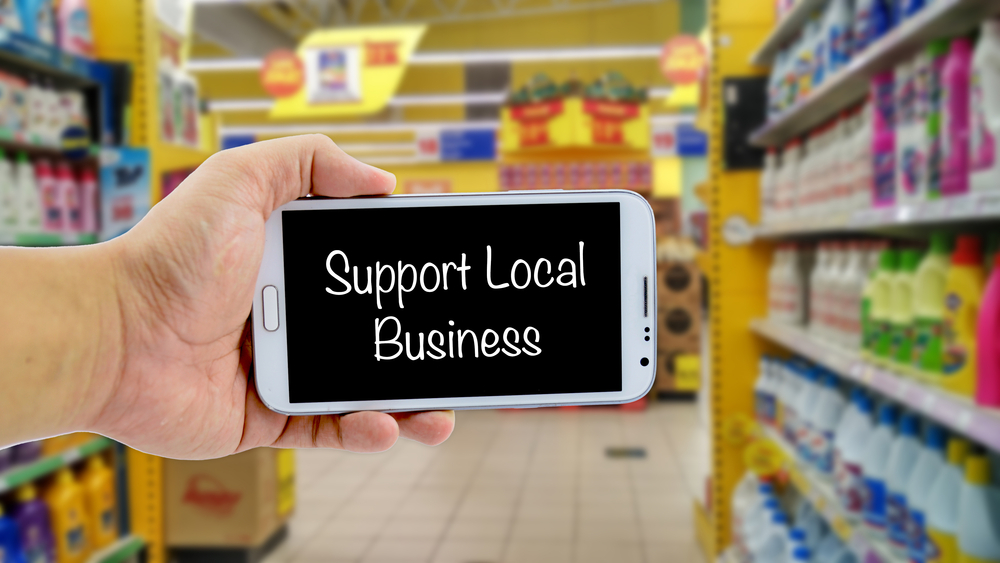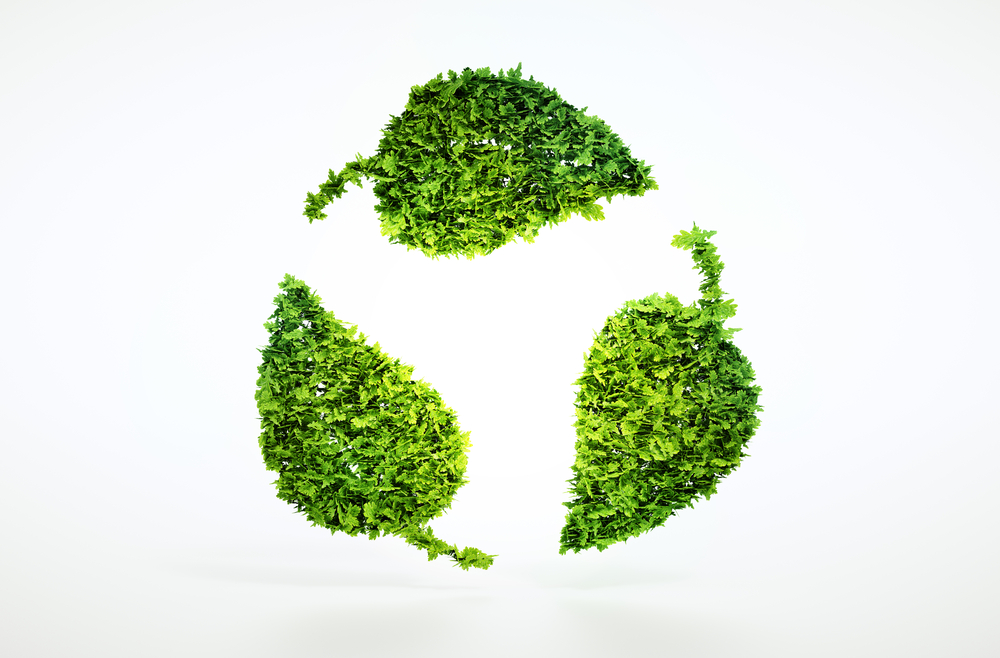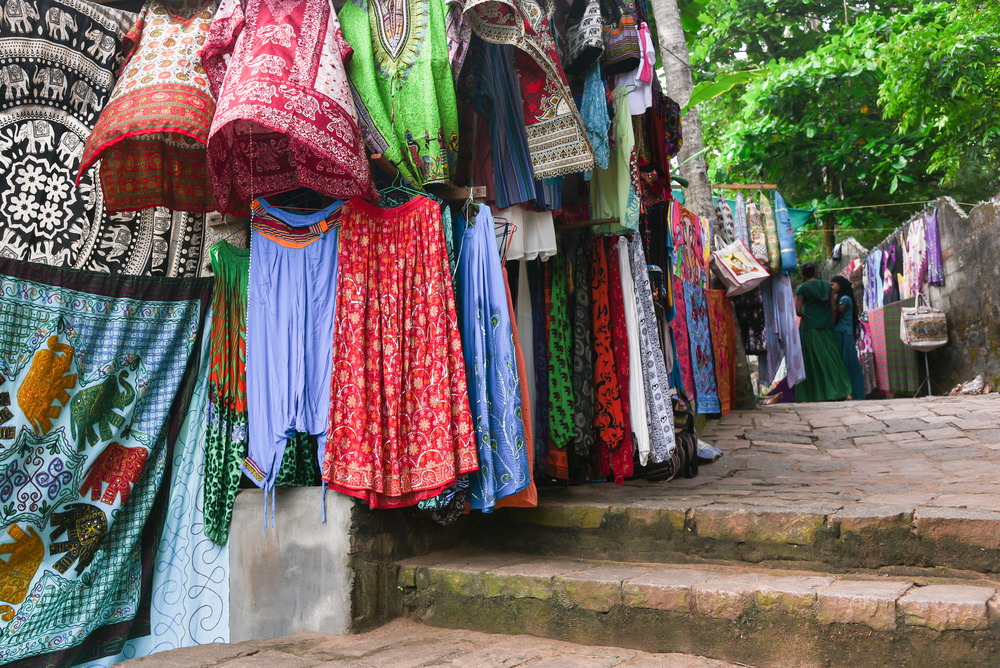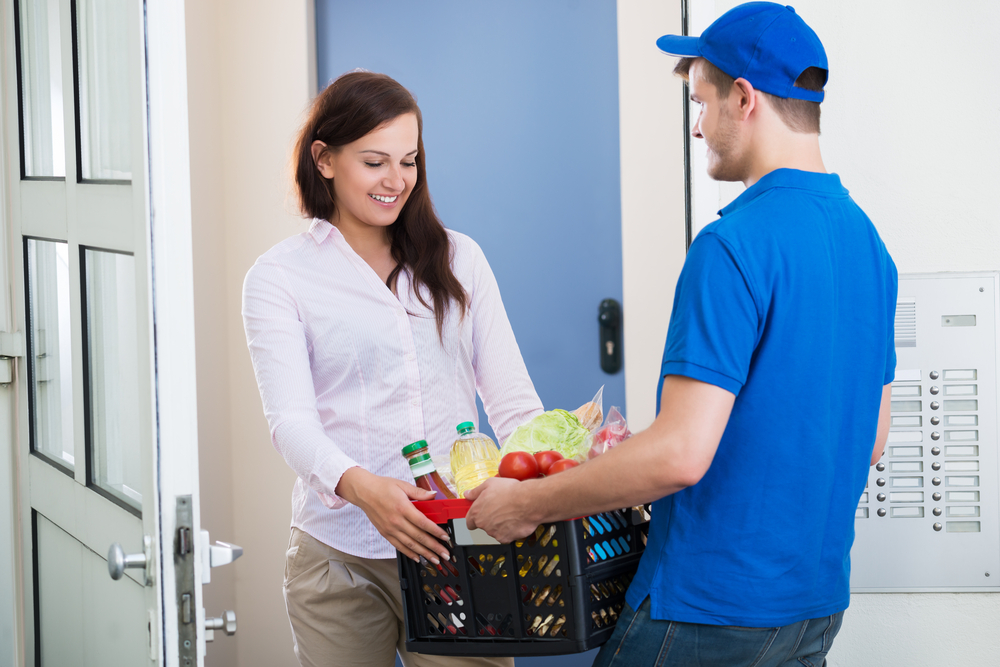Look around you; every single thing that is a part of your life originates from nature. Whether it is the home that shelters you or the sweater that keeps you warm, be it the medicine that nourishes you back to health or the food you eat – modern human life is a direct or indirect product of nature and the ecological services we receive for free.
The sources from which we procure these materials for our personal or industrial life are not infinite; they are limited and thus called non-renewable resources that need to be replenished as they are used.
Sustainability is not rocket science. It is simply living today so there may be a tomorrow. Oftentimes, we may feel helpless – as if we are left with no choice but to comply with the formula of society or the urban framework we are born into. However, this is not always the case.
The truth and biggest secret about sustainable living is that its effectiveness lies in the small decisions we make every day. You don’t have to be the president of a country or a big, fancy diplomat who makes the policies to be able to affect change. You can start at home, and one of the most powerful – yet largely ignored – ways to do that is by buying local.
Here are some reasons to buy local:
- Cheaper: Buying your goods, be it food, clothes, footwear or furniture, locally, is certainly cheaper.
- Fresher: Buy food from your local vegetable vendor as opposed to vacuum sealed, sterile packages from the supermarket. This ensures fresher, healthier and more nutrition-packed food on a daily basis. One big tip to follow when buying fruits and vegetables I to, stay away from the ones that are ‘made to’ look perfect with no blemishes or natural textures whatsoever. In fact, if a cauliflower has a worm or two occupying it, this is a good indicator which signifies that no pesticides were used in the making of that vegetable. Choose chemical-free food, any day!
- Seasonal: Always go for the produce that is in season (to your region at large) as opposed to exotic fruits or veggies that are not native to your locality. The reason is simple: the physical design of our bodies have evolved and are suited to be nourished by the food grown in the regions from where we are. Be nourished by mangoes or watermelons in the summer as opposed to going after fancy kiwis or strawberries that have surely been imported – it is simply the more sustainable, natural way to eat. Eating fruits out of season is unsustainable because it would employ additional resources to be able to make that particular fruit available out of season as opposed to one that is in season.
- Support farmers directly, eliminate middlemen: Aim to buy your produce directly from farmers’ markets so you can be sure the money is going straight to the farmer as opposed to greedy middlemen who eat profits in between.
- Socio-economic empowerment: By buying directly from the farmer, you help to increase his/her income. In turn, this directly affects a farmers’ purchasing power, causing an increased demand for products and, in turn, supporting the service sector as well. By increasing a farmers’ income, you reduce their dependence on employing their children who can now go to school. Education inevitably leads to greater rights awareness and an assured better quality of life. In a nutshell, buying local is a major factor in the socio-economic empowerment of this strata of society and enables their social mobility.
- Say NO to malls, franchises and corporations (MNCs): Be it food or other items, completely avoid malls, franchises and multinational corporations. The reason being that the profit from such entities does not stay in the country. It is not ploughed back to help enhance the welfare of India, and therefore is not sustainable for our future.
- Support the local village economy: By purchasing as many items as possible locally, we can strengthen the local village economy collectively.
- Propagate native species versus GMO or hybrids: By buying locally, you make an active choice to support indigenous varieties of seeds as opposed to the engineered, genetically modified hybrids that are gunning to monopolize markets. With this support, farmers are better equipped to set up and manage community seed banks on which our lives and very existence will depend in the not-so-immediate future.
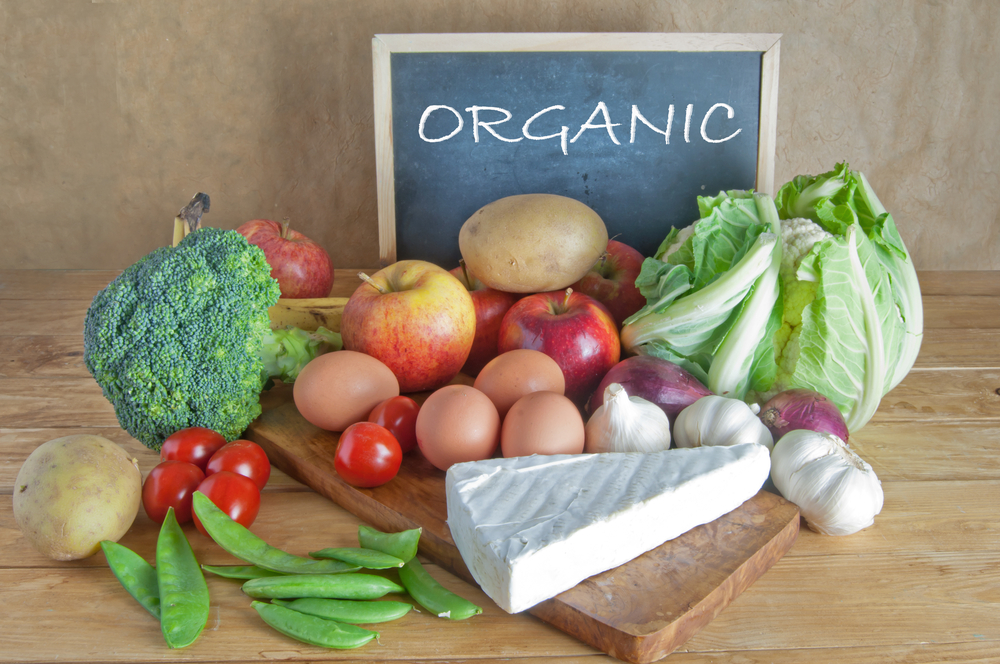
- Local ecosystem: Buying local produce, products and services has a positive effect on the ecosystem and ecological services of the region as opposed to engaging with ‘brands’ and companies whose production and distribution are adverse to environmental health (e.g. drink a tender coconut as opposed to Coca Cola).
- Minimize your carbon footprint: Buying locally means you have a much smaller carbon footprint. How? Because the product or service you need is sourced, manufactured, assembled and distributed within a small regional radius, as opposed to all of the above being done so across the globe that automatically raises the carbon footprint of any given product or service. A simple example – buying cheese from the local dairy has a much, much smaller carbon footprint than buying cheese imported from Switzerland.
- Avoid monopoly capital: By buying locally you ensure that income and wealth are distributed as opposed to the rich getting richer and the poor, poorer.
- Pro co-operative, Anti-corporation: Prioritize co-operatives over corporations – this is an enormous step toward sustainability. For instance, when you buy clothes, do so from a khadi bandar that supports traditional handloom, weavers and craftsmen whose art and occupation are in fact dying out. Big multinational corporations snatch their livelihoods every day. Other examples of co-operatives are Amul and the milk federations (like Nandini) present in every state. By patronizing co-operatives and struggling artisans, you become essential to their lifespan by expanding the market for their products.
- Gift giving: Avoid malls or buying online. Go to your local markets, fairs and ‘santhes’ to buy handlooms or tribal art that can help in reviving folk movements. Don’t hesitate to pay a little more because you can be sure the money is supporting a good cause.
- Vendors: We also recommended that you buy from vendors who bring products or services (products like vegetables or services like from cobblers) to your doorstep. Try not to bargain with them; they lead a hard life and Rs10 may not be a lot to you but makes a world of difference to them. Do not be pennywise and pound foolish.
- Safeguard against market and climate vagrancies: As already explained, buying local helps farmers and small businesses to be self-sustainable and stronger this making them less vulnerable to market and climate fluctuations.































